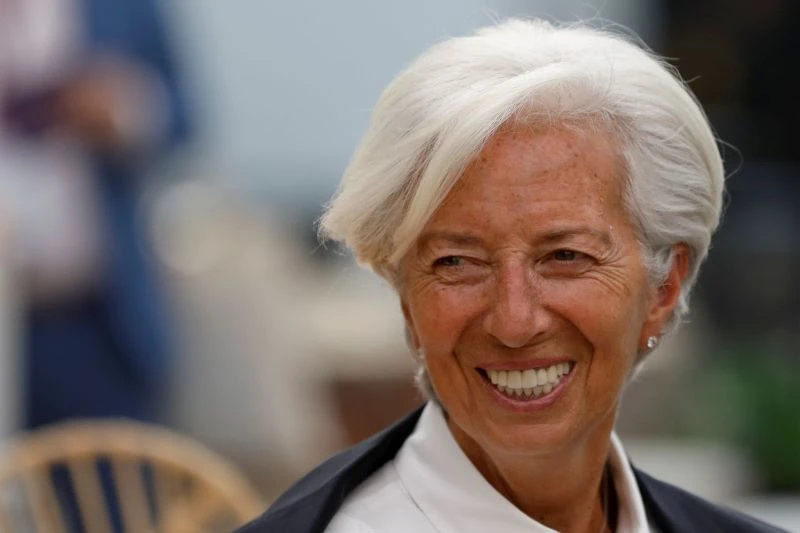
Ms. Lagarde was announced as the leading candidate for the ECB job two weeks ago, and had relinquished leadership of the IMF at that time, but she had not resigned. Her resignation will formally take effect Sept. 12.
She announced her formal resignation in a statement Tuesday, saying “I have made this decision in the best interest of the Fund, as it will expedite the selection process for my successor.”
Day-to-day leadership of the fund has already been handed over to David Lipton, the American who is the IMF’s No. 2 official as the first deputy managing director.
Her term had been scheduled to run through 2021, but by stepping down now, the IMF can immediately begin the process of finding her successor. The IMF’s executive board, composed of 24 directors who represent the 189 countries that collectively own the IMF, will formally undertake the search.
Though the position is ostensibly open to nominees from around the world, the top IMF job has always gone to a candidate selected by European governments, part of an informal arrangement in which Americans pick the president of the IMF’s sister institution, the World Bank.
Ms. Lagarde has stepped down at an opportune moment, because the finance ministers of the Group of 7 economies are meeting in Chantilly, France on Wednesday and Thursday for a long-scheduled summit. The G-7 comprises the U.S., Germany, France, U.K., Italy, Japan and Canada, and its meetings include representatives from the European Commission.
European representatives at the G-7 summit in France will agree on a candidate to succeed Ms. Lagarde at the IMF, two European officials said. The discussions will take place on the sidelines of the meeting on Wednesday, these officials said. A candidate with the support of the G-7 would be all-but-guaranteed to win IMF board approval.
European officials have already made public their desire to preserve their prerogative in selecting the IMF leader. Earlier this year, European capitals all supported Washington when it nominatedDavid Malpass, the top international official at the U.S. Treasury Department, to lead the World Bank; he took office in April with no formal challengers to his candidacy.
Former Dutch finance minister Jeroen Dijsselbloem, formerly chair of the Eurogroup—a collective of euro area finance ministers—has emerged as one of the front-runners to succeed Ms. Lagarde at the IMF, according to one European official familiar with the discussion. However, the official noted that there still was opposition to Mr. Dijsselbloem from southern members of the eurozone due residual animosity against the Dutch politician who was known for his hard line stance on austerity during the euro crisis.
A number of other top central-banking and finance officials could fit the bill for Europe. Bank of England Governor Mark Carney, who also holds Irish and Canadian citizenship, has a term that expires at the end of January and didn’t rule out considering the top IMF job.
For Ms. Lagarde’s part, the move allows her to prepare to assume the ECB presidency in November. Current ECB President Mario Draghi’s term lasts until Oct. 31.
The IMF’s executive board issued a statement Tuesday praising Ms. Lagarde’s tenure and saying it would “initiate promptly the process of selecting the next Managing Director.”




















